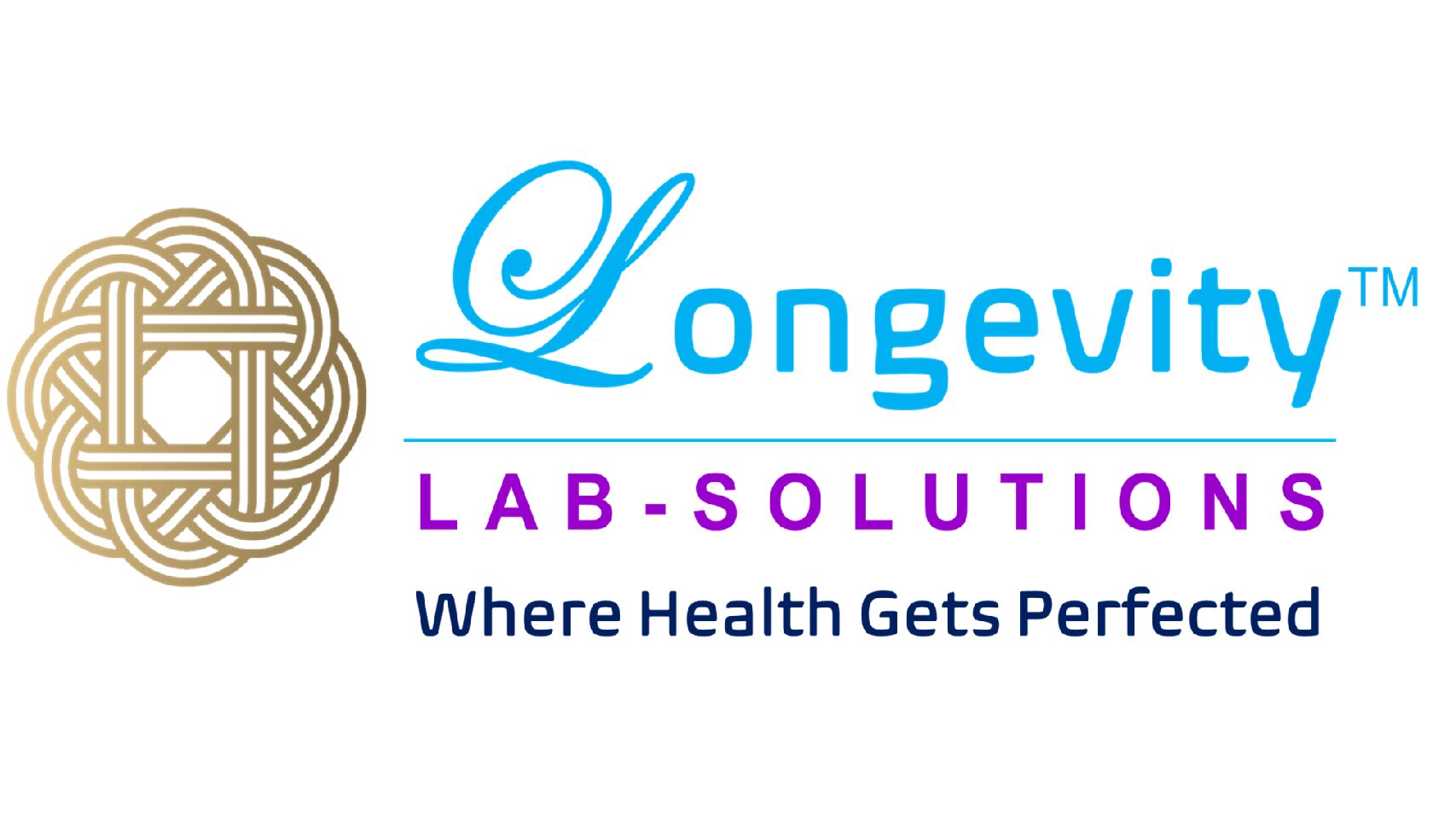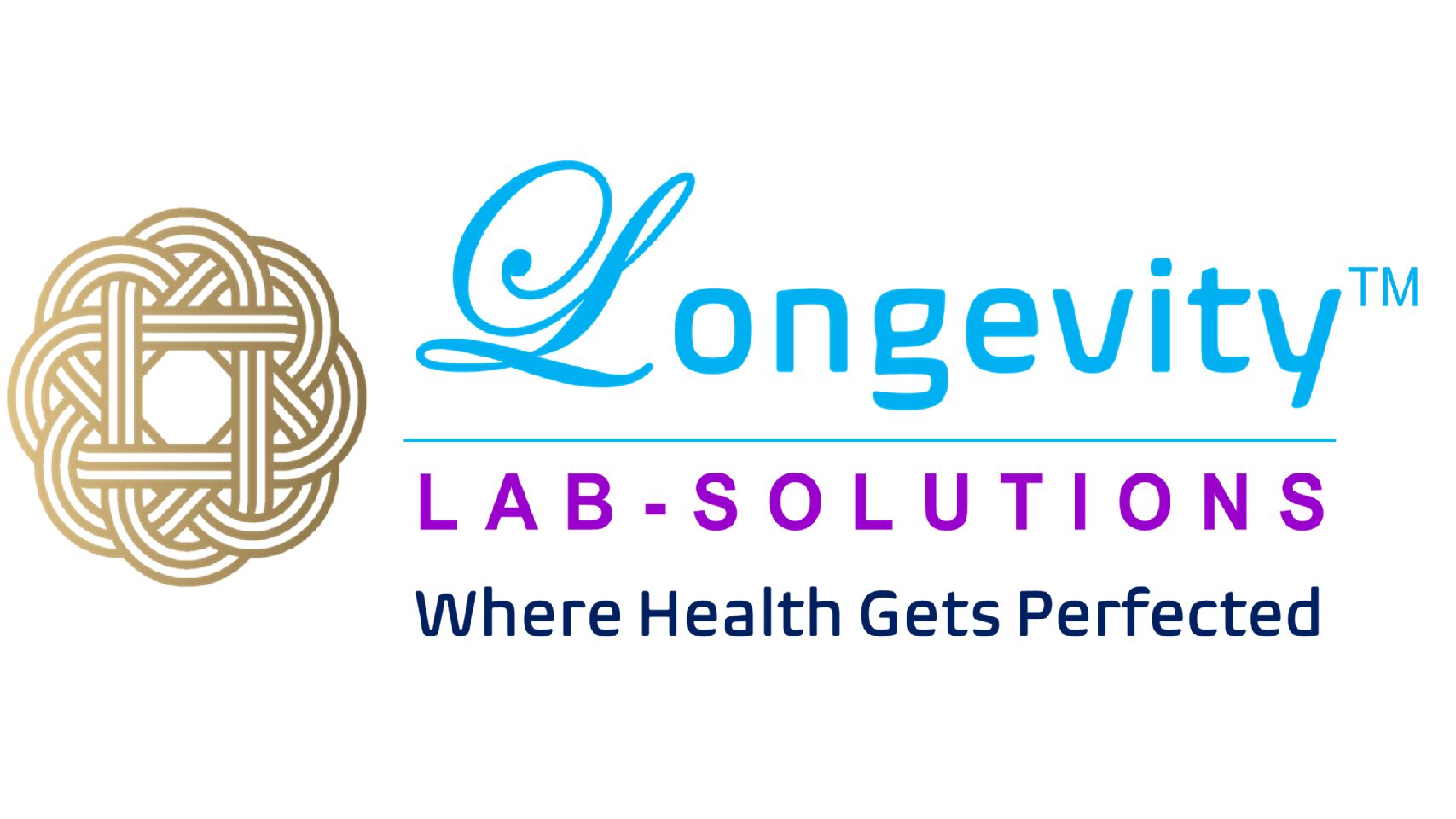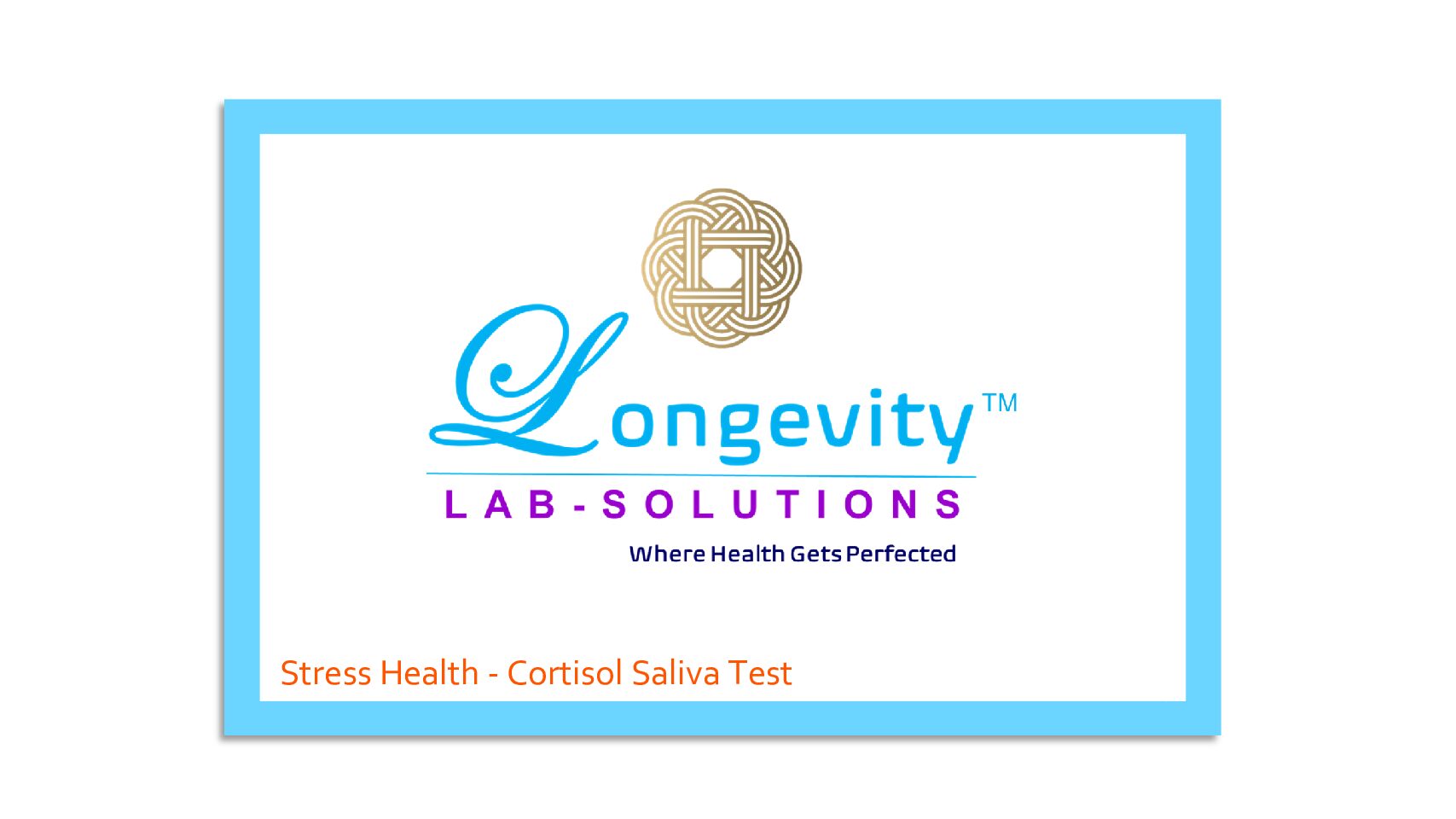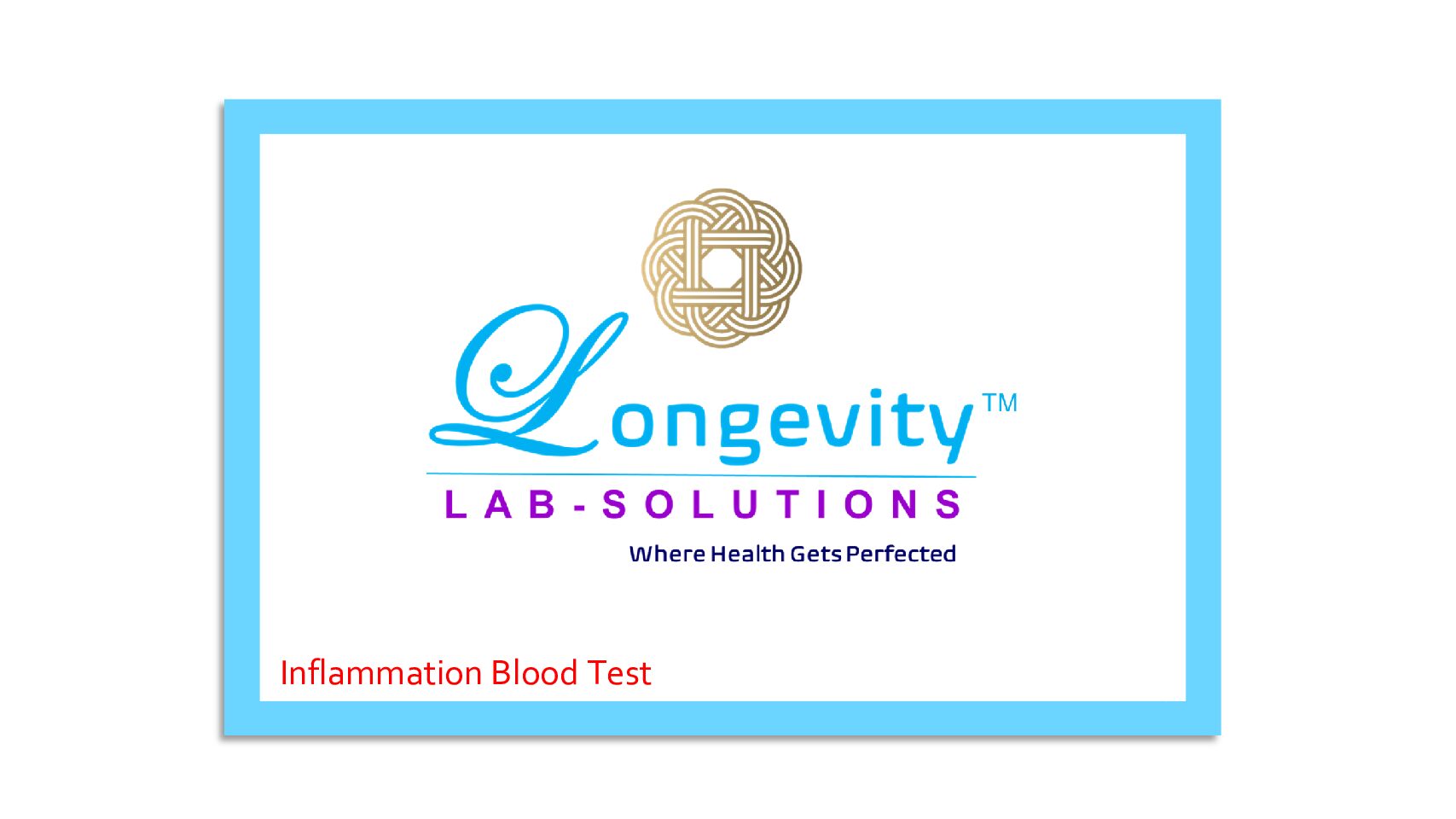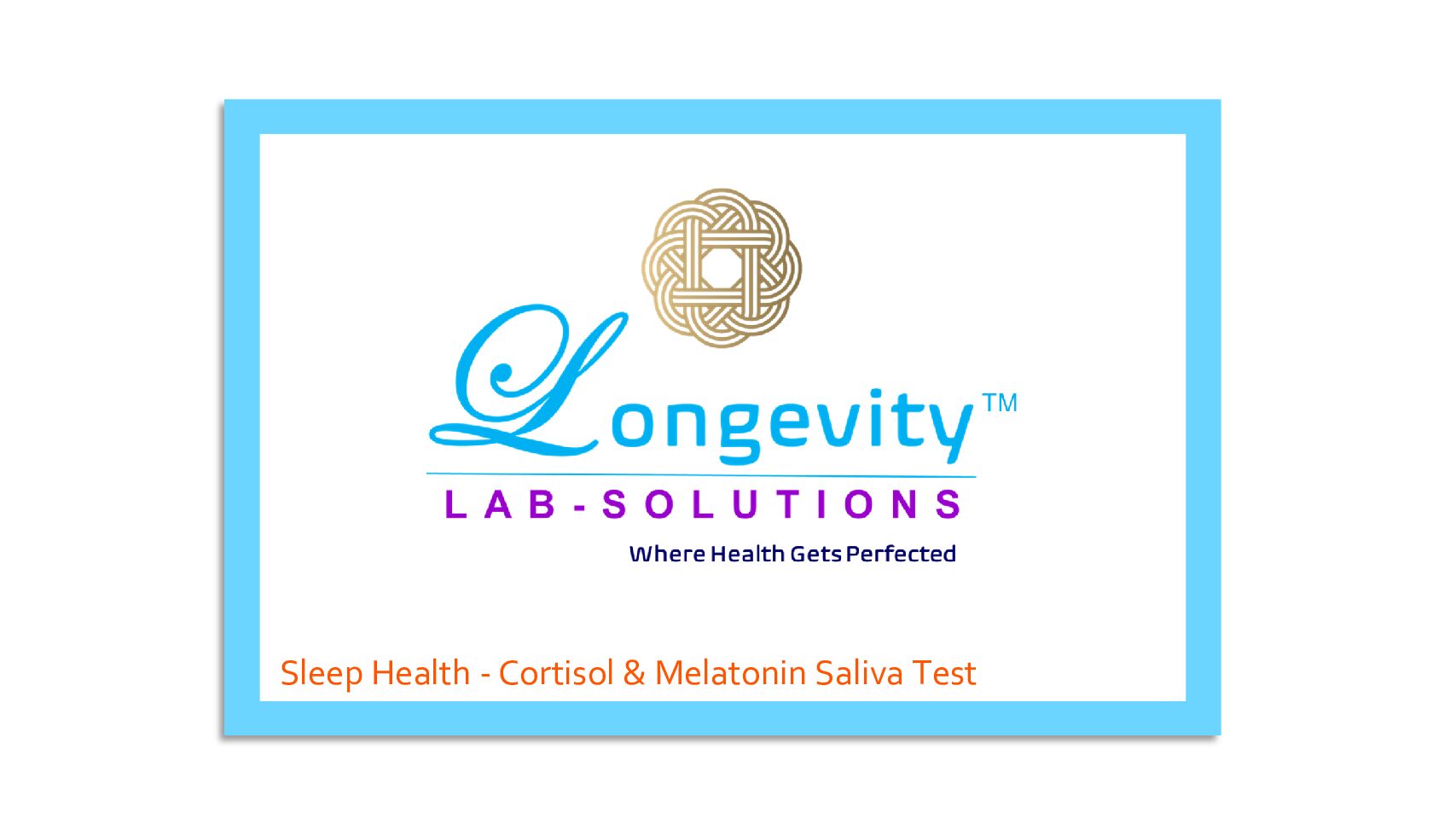Micronutrients Blood Test
$149.00
Micronutrients are essential nutrients that the body needs in small amounts for optimal health and proper functioning. Unlike macronutrients (carbohydrates, proteins, and fats), which provide energy, micronutrients are not a source of calories. Instead, they are involved in various physiological processes and are necessary for the body to function properly. Micronutrients include vitamins and minerals.
Analytes in this test: 5 Total Analytes:- Iron, Folate (Vitamin B9), Vitamin B12, Vitamin D, Magnesium.
Description
Micronutrients are essential nutrients that the body needs in small amounts for optimal health and proper functioning. Unlike macronutrients (carbohydrates, proteins, and fats), which provide energy, micronutrients are not a source of calories. Instead, they are involved in various physiological processes and are necessary for the body to function properly. Micronutrients include vitamins and minerals.
A balanced and varied diet that includes a wide range of fruits, vegetables, whole grains, lean proteins, dairy products, and healthy fats is typically sufficient to meet the body’s micronutrient needs. However, in certain cases, such as specific dietary restrictions, medical conditions, or increased nutrient requirements (e.g., pregnancy), supplementation may be necessary.
It’s important to note that micronutrient deficiencies or excesses can lead to various health problems. If you have concerns about your nutrient intake or suspect a deficiency, it is recommended to consult with a healthcare professional or registered dietitian who can assess your diet, conduct necessary tests, and provide guidance on meeting your micronutrient needs.
Overview
Micronutrients are essential nutrients that the body needs in small amounts for optimal health and proper functioning. Unlike macronutrients (carbohydrates, proteins, and fats), which provide energy, micronutrients are not a source of calories. Instead, they are involved in various physiological processes and are necessary for the body to function properly. Micronutrients include vitamins and minerals.
Vitamins
Vitamins:
- Fat-Soluble Vitamins: These include vitamins A, D, E, and K. They are soluble in fat and are stored in the body’s fat tissues and liver.
- Water-Soluble Vitamins: These include vitamin C and the B-complex vitamins (such as B1, B2, B3, B5, B6, B7, B9, and B12). They are not stored in the body, so regular intake is necessary.
Minerals
Minerals:
- Macro Minerals: These include calcium, phosphorus, magnesium, sodium, potassium, and chloride. These minerals are required in larger amounts by the body.
- Trace Minerals: These include iron, zinc, copper, manganese, iodine, selenium, fluoride, chromium, molybdenum, and others. These minerals are required in smaller amounts by the body.
Function Of Micronutrients
Micronutrients are essential for various bodily functions, including:
- Energy metabolism
- Immune function
- Cell growth and repair
- Bone health
- Blood clotting
- Nerve function
- Hormone production and regulation
- Antioxidant defense
- DNA synthesis and repair
- Red blood cell production
Sources Of Micronutrients
Micronutrients can be obtained from a variety of food sources. Here are some common sources of essential vitamins and minerals:
-
Fruits and Vegetables: These are excellent sources of vitamins, minerals, and antioxidants. Examples include:
- Vitamin C: Citrus fruits (oranges, lemons), berries, kiwi, broccoli, bell peppers.
- Vitamin A: Carrots, sweet potatoes, spinach, kale, mangoes.
- Folate (Vitamin B9): Leafy greens (spinach, kale), asparagus, legumes (lentils, chickpeas), citrus fruits.
- Potassium: Bananas, avocados, tomatoes, oranges, potatoes.
- Magnesium: Leafy greens, nuts, seeds, whole grains, legumes.
-
Whole Grains: Whole grains are rich in B vitamins, fiber, and minerals. Examples include:
- Thiamin (Vitamin B1): Whole wheat, brown rice, oats.
- Riboflavin (Vitamin B2): Whole grains, fortified cereals, mushrooms.
- Niacin (Vitamin B3): Whole grains, legumes, nuts, poultry, fish.
- Iron: Whole grains, fortified cereals, quinoa, amaranth.
-
Lean Protein Sources: Protein-rich foods also provide essential minerals and B vitamins. Examples include:
- Iron: Lean red meat, poultry, fish, legumes, tofu.
- Zinc: Seafood, lean meats, poultry, dairy products, nuts, seeds.
- Vitamin B12: Fish, shellfish, poultry, eggs, dairy products.
- Selenium: Seafood, Brazil nuts, poultry, eggs.
-
Dairy Products: Dairy products are a good source of calcium, vitamin D, and other essential nutrients.
- Calcium: Milk, yogurt, cheese, fortified plant-based milk alternatives.
- Vitamin D: Fortified dairy products, fatty fish, egg yolks.
- Nuts and Seeds: These provide a range of micronutrients, including vitamin E, magnesium, and zinc.
- Vitamin E: Almonds, sunflower seeds, hazelnuts.
- Magnesium: Almonds, cashews, pumpkin seeds, flaxseeds.
- Zinc: Pumpkin seeds, sesame seeds, cashews, almonds.
- Seafood: Seafood is rich in omega-3 fatty acids, iodine, and certain trace minerals.
- Omega-3 Fatty Acids: Fatty fish (salmon, mackerel, sardines), algae.
- Iodine: Seaweed, fish, shrimp.
It’s important to note that individual nutrient needs can vary based on age, sex, health conditions, and other factors. Consulting with a healthcare professional or registered dietitian can help determine your specific micronutrient requirements and guide you in planning a balanced diet that meets your needs.
Micronutrient Deficiencies
Micronutrient deficiencies occur when the body does not receive adequate amounts of essential vitamins and minerals. These deficiencies can have various causes, including inadequate dietary intake, poor absorption, increased nutrient needs, certain medical conditions, medications, or lifestyle choices. Here are some common micronutrient deficiencies:
-
Iron Deficiency: Iron deficiency is one of the most common micronutrient deficiencies worldwide. It can lead to iron-deficiency anemia, characterized by fatigue, weakness, pale skin, shortness of breath, and impaired cognitive function.
-
Vitamin D Deficiency: Vitamin D deficiency is prevalent, especially in regions with limited sunlight exposure. Symptoms may include fatigue, muscle weakness, bone pain, and an increased risk of fractures.
-
Vitamin B12 Deficiency: Vitamin B12 deficiency is often associated with inadequate absorption or dietary intake, as well as certain medical conditions. It can lead to fatigue, weakness, tingling sensations, memory problems, and megaloblastic anemia.
-
Folate (Vitamin B9) Deficiency: Folate deficiency can result in megaloblastic anemia, characterized by fatigue, weakness, pale skin, and shortness of breath. Folate deficiency is particularly important in pregnant women, as it can increase the risk of neural tube defects in the developing fetus.
-
Iodine Deficiency: Iodine deficiency can lead to impaired thyroid function and goiter. It is particularly important during pregnancy, as it can cause cognitive impairments in the developing fetus.
-
Vitamin C Deficiency: Vitamin C deficiency, also known as scurvy, is rare but can occur in individuals with severely limited fruit and vegetable intake. It can lead to fatigue, weakness, gum disease, joint pain, and impaired wound healing.
-
Zinc Deficiency: Zinc deficiency can result in impaired growth and development, delayed wound healing, hair loss, skin problems, and compromised immune function.
These are just a few examples of micronutrient deficiencies. Deficiencies in other vitamins and minerals, such as vitamin A, vitamin E, magnesium, selenium, and others, can also occur and have specific associated symptoms and health consequences.
If you suspect a micronutrient deficiency, it is important to consult with a healthcare professional or registered dietitian. They can evaluate your symptoms, medical history, and potentially order blood tests to assess your nutrient levels. Treatment usually involves dietary changes to increase intake of deficient nutrients and, in some cases, supplementation under healthcare professional guidance.
Folate
Folate, also known as vitamin B9, is an essential water-soluble vitamin that plays a crucial role in various bodily functions. Here are some key points about folate:
-
Function: Folate is necessary for several important processes in the body, including:
- DNA synthesis and repair: Folate is required for the production and maintenance of genetic material (DNA) in cells.
- Red blood cell production: Folate is involved in the formation of red blood cells and is necessary for the production of healthy red blood cells.
- Cell division and growth: Folate supports proper cell division and growth, especially during periods of rapid growth, such as pregnancy and childhood.
-
Dietary Sources: Folate is found naturally in a variety of foods, including leafy green vegetables (such as spinach and kale), legumes (such as lentils and beans), citrus fruits, asparagus, avocado, and fortified cereals and grains. Some individuals may also take folic acid supplements, which are a synthetic form of folate.
-
Folate Deficiency: Inadequate intake or absorption of folate can lead to folate deficiency. Common causes include poor diet, alcoholism, malabsorption disorders, certain medications, and certain medical conditions affecting folate metabolism. Symptoms of folate deficiency may include fatigue, weakness, pale skin, tongue inflammation, poor concentration, and an increased risk of certain birth defects (in pregnant women).
-
Folic Acid Supplementation: Folic acid supplementation is recommended for women of childbearing age to reduce the risk of neural tube defects in the developing fetus. It is typically recommended to start taking folic acid supplements before conception and continue during early pregnancy.
-
Health Conditions and Folate: Folate deficiency or inadequate folate levels have been associated with an increased risk of certain health conditions, including megaloblastic anemia, cardiovascular diseases, certain types of cancers, and neural tube defects in newborns.
-
Consultation with a Healthcare Professional: If you suspect a folate deficiency or have concerns about your folate intake, it is recommended to consult with a healthcare professional. They can assess your individual needs, order appropriate tests if necessary, and provide guidance on dietary changes or supplementation to address the deficiency and ensure adequate folate levels in your body.
It’s important to note that folate plays a vital role in various bodily functions, and maintaining adequate levels is essential for overall health. A healthcare professional can provide personalized guidance based on your specific needs and circumstances.
Iron
Iron deficiency is one of the most common micronutrient deficiencies worldwide. Iron is an essential mineral that plays a vital role in the body, particularly in the production of red blood cells and carrying oxygen to various tissues and organs. Here are some key points about iron deficiency:
-
Causes: Iron deficiency can result from various factors, including inadequate dietary intake of iron, poor absorption of iron in the gastrointestinal tract, increased iron requirements (such as during growth, pregnancy, or lactation), blood loss (e.g., through menstruation or gastrointestinal bleeding), and certain medical conditions that impair iron absorption or utilization.
-
Symptoms: Iron deficiency can lead to a condition called iron-deficiency anemia, characterized by a range of symptoms, including:
- Fatigue and weakness
- Pale skin and conjunctiva (whites of the eyes)
- Shortness of breath and rapid heartbeat
- Headaches and dizziness
- Cold hands and feet
- Restless legs syndrome
- Brittle nails and hair loss
- Difficulty concentrating
- Decreased exercise tolerance
-
Diagnosis: Iron deficiency is typically diagnosed through blood tests that measure various markers, including hemoglobin levels, hematocrit, serum ferritin (a measure of stored iron), and other iron-related parameters. These tests help determine the severity of iron deficiency and the need for further investigation into its underlying cause.
- Treatment: Treatment of iron deficiency usually involves addressing the underlying cause and replenishing iron stores through dietary changes and supplementation. Increasing dietary intake of iron-rich foods, such as lean red meat, poultry, fish, legumes, dark green leafy vegetables, and iron-fortified foods, is recommended. Iron supplements may be prescribed if dietary changes alone are insufficient or in cases of severe iron deficiency.
- Prevention: To prevent iron deficiency, it is important to maintain a balanced diet that includes adequate amounts of iron-rich foods. Consuming vitamin C-rich foods, such as citrus fruits and vegetables, can enhance iron absorption. For individuals at higher risk of iron deficiency, such as pregnant women and those with certain medical conditions, healthcare professionals may recommend iron supplementation.
If you suspect iron deficiency or are experiencing symptoms related to anemia, it is important to consult with a healthcare professional. They can evaluate your symptoms, order appropriate tests, provide a diagnosis, and develop a tailored treatment plan to address the deficiency and restore optimal iron levels in your body.
Magnesium
Magnesium is an essential mineral that is involved in numerous biochemical processes in the body. Here are some key points about magnesium:
-
Function: Magnesium plays a crucial role in various bodily functions, including:
- Energy production: Magnesium is involved in the production and utilization of ATP (adenosine triphosphate), which is the energy currency of the body.
- Muscle and nerve function: Magnesium is necessary for proper muscle contraction and relaxation. It also supports the transmission of nerve signals.
- Protein synthesis: Magnesium is involved in the synthesis of proteins, which are essential for the growth, repair, and maintenance of tissues.
- DNA and RNA synthesis: Magnesium is required for the production and stability of DNA and RNA, the genetic materials of the body’s cells.
- Blood pressure regulation: Magnesium helps regulate blood pressure by relaxing blood vessels and supporting normal heart rhythm.
- Bone health: Magnesium is involved in bone formation and mineralization.
-
Dietary Sources: Good dietary sources of magnesium include green leafy vegetables (such as spinach and kale), legumes, nuts, seeds, whole grains, fish, dark chocolate, and some fortified foods.
-
Deficiency: Magnesium deficiency can occur due to inadequate dietary intake, poor absorption, excessive alcohol consumption, certain medical conditions (such as gastrointestinal disorders), and certain medications. Symptoms of magnesium deficiency can vary but may include muscle cramps, weakness, fatigue, irritability, abnormal heart rhythm, and decreased appetite.
-
Supplementation: Magnesium supplements may be recommended for individuals with diagnosed magnesium deficiency or those who have difficulty meeting their magnesium needs through diet alone. The form of magnesium supplement and dosage will depend on individual needs and the advice of a healthcare professional.
-
Consultation with a Healthcare Professional: If you suspect a magnesium deficiency or have concerns about your magnesium intake, it is recommended to consult with a healthcare professional. They can assess your individual needs, order appropriate tests if necessary, and provide guidance on dietary changes or supplementation to address the deficiency and ensure adequate magnesium levels in your body.
It’s important to note that while magnesium is important for overall health, excessive intake of magnesium supplements can have adverse effects. Therefore, it’s crucial to follow healthcare professional recommendations regarding supplementation and maintain a balanced approach to dietary intake.
Vitamin B12
Vitamin B12, also known as cobalamin, is a water-soluble vitamin that is essential for various bodily functions. Here are some key points about vitamin B12:
-
Function: Vitamin B12 plays a crucial role in several important processes in the body, including:
- DNA synthesis and cell division: Vitamin B12 is required for the production and maintenance of DNA, as well as the proper division of cells.
- Red blood cell production: Vitamin B12 is necessary for the formation of red blood cells and the prevention of a type of anemia called megaloblastic anemia.
- Nerve function: Vitamin B12 is involved in maintaining the health of nerve cells and the production of myelin, a protective sheath around nerves.
-
Dietary Sources: Vitamin B12 is naturally found in animal-based foods, including meat, fish, poultry, eggs, and dairy products. It is not commonly found in plant-based foods, so vegans and vegetarians may need to obtain vitamin B12 through fortified foods or supplements.
-
Absorption: Vitamin B12 requires a protein called intrinsic factor, which is produced in the stomach, for proper absorption. Some individuals may have difficulty absorbing vitamin B12 due to a lack of intrinsic factor or certain gastrointestinal disorders.
-
Deficiency: Vitamin B12 deficiency can occur due to inadequate intake, poor absorption, or certain medical conditions. Common symptoms of vitamin B12 deficiency may include fatigue, weakness, shortness of breath, pale skin, tingling or numbness in the hands and feet, difficulty walking, and cognitive difficulties. Prolonged deficiency can lead to complications affecting the nervous system and other body systems.
-
Supplementation: Vitamin B12 supplements are available for individuals who are unable to meet their needs through diet alone, especially for those following a strict vegetarian or vegan diet. Supplements can be taken orally or administered by injection for individuals with severe deficiency or absorption issues.
-
Consultation with a Healthcare Professional: If you suspect a vitamin B12 deficiency or have concerns about your vitamin B12 intake, it is recommended to consult with a healthcare professional. They can assess your individual needs, order appropriate tests if necessary, and provide guidance on dietary changes or supplementation to address the deficiency and ensure adequate vitamin B12 levels in your body.
It’s important to note that vitamin B12 is essential for proper functioning of the body, and maintaining adequate levels is crucial for overall health. A healthcare professional can provide personalized guidance based on your specific needs and circumstances.
Vitamin D
Vitamin D is a fat-soluble vitamin that plays a crucial role in various bodily functions. Here are some key points about vitamin D:
-
Function: Vitamin D is involved in several important processes in the body, including:
- Calcium absorption: Vitamin D helps the body absorb calcium from the diet, which is essential for maintaining strong bones and teeth.
- Bone health: Vitamin D works together with calcium to support bone growth, remodeling, and mineralization. It helps prevent conditions like rickets in children and osteoporosis in adults.
- Immune function: Vitamin D plays a role in modulating the immune system and may help in preventing or reducing the risk of certain autoimmune diseases and infections.
- Cell growth and differentiation: Vitamin D is involved in regulating the growth and differentiation of various cells in the body.
-
Sources: The two main sources of vitamin D are sunlight and dietary intake.
- Sunlight: Sun exposure stimulates the synthesis of vitamin D in the skin. Spending a few minutes in the sun each day, especially during midday when the sun is highest, can help the body produce vitamin D.
- Food sources: Some dietary sources of vitamin D include fatty fish (such as salmon and mackerel), cod liver oil, fortified dairy products (milk, yogurt, and cheese), fortified plant-based milk alternatives, egg yolks, and certain fortified cereals and juices.
-
Deficiency: Vitamin D deficiency can occur due to inadequate sunlight exposure, limited dietary intake, impaired absorption, obesity, darker skin pigmentation, and certain medical conditions. Symptoms of vitamin D deficiency may include fatigue, bone pain or weakness, muscle weakness, frequent infections, and mood changes. Severe deficiency can lead to conditions like rickets in children and osteomalacia in adults.
-
Testing and Supplementation: Blood tests can measure the level of vitamin D in the body. If deficiency is detected, healthcare professionals may recommend vitamin D supplementation. The dosage and duration of supplementation will depend on the severity of deficiency and individual needs. Vitamin D supplements are available in various forms, including tablets, capsules, and liquid drops.
-
Consultation with a Healthcare Professional: If you suspect a vitamin D deficiency or have concerns about your vitamin D levels, it is recommended to consult with a healthcare professional. They can assess your individual needs, order appropriate tests if necessary, and provide guidance on sunlight exposure, dietary changes, or supplementation to address the deficiency and ensure adequate vitamin D levels in your body.
It’s important to note that maintaining adequate vitamin D levels is crucial for overall health, but excessive vitamin D intake can be harmful. Therefore, it’s essential to follow healthcare professional recommendations regarding supplementation and maintain a balanced approach to sunlight exposure and dietary intake.
Specimen Requirements
SST tube, serum
Turn Around Time
24 – 72 hours
Price For Test
Price: $199.00
